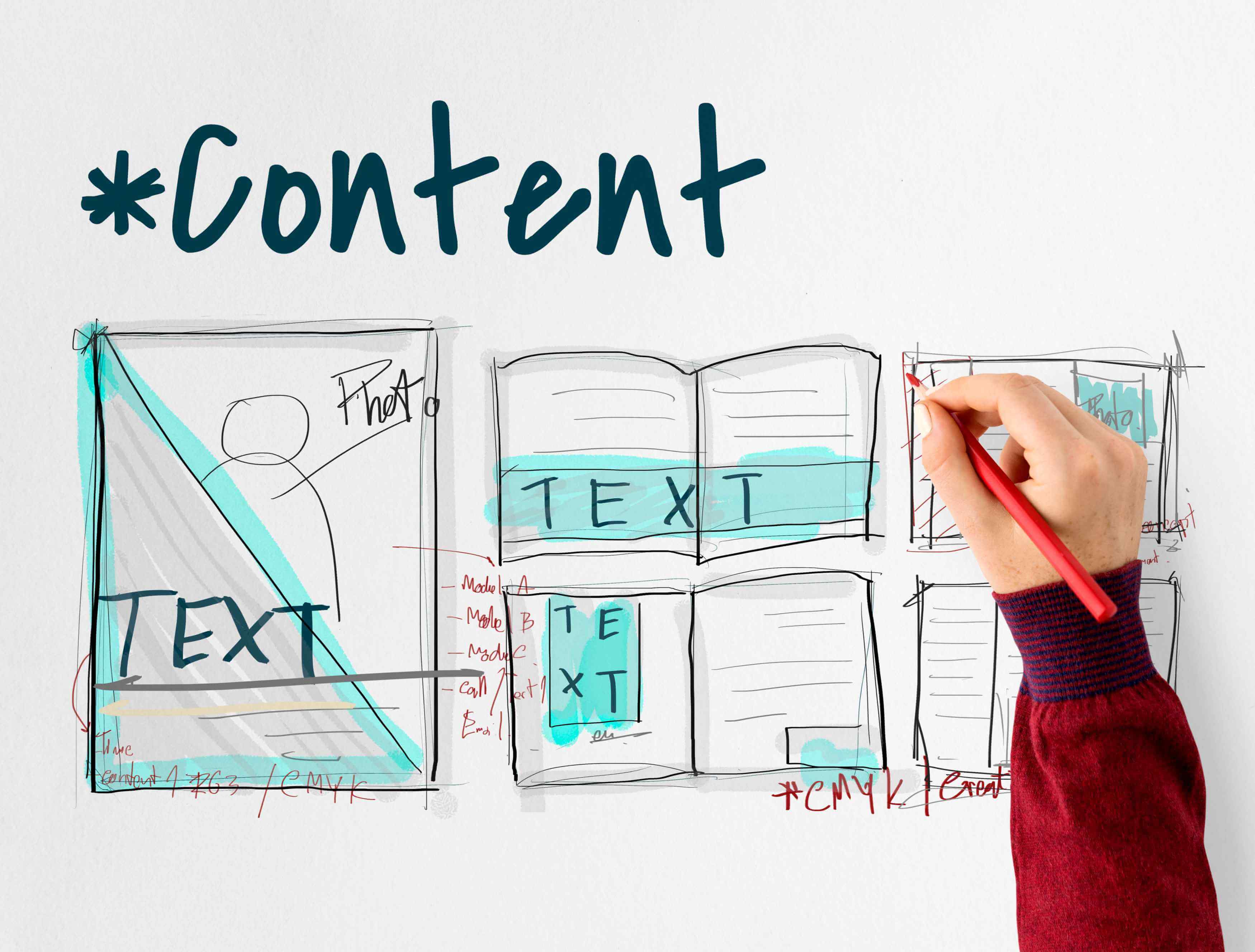When it comes to creating a resume that captures attention and opens doors, few things are as essential as the skills you choose to showcase. Skills demonstrate your qualifications beyond your education and job titles; they show what you are actually capable of doing.
However, choosing the right skills is not just about listing things you are good at or copying what others are doing. It requires strategy, self-awareness, and a bit of introspection.
Whether you are applying for a creative role, a technical position, or anything in between, aligning your skills with the job description can significantly boost your chances of landing an interview.
How to Identify the Right Skills From the Job Description
Before you start updating your resume, take a step back and analyze the job description. The most strategic candidates start by understanding what the employer is asking for, not by thinking about themselves first.
Job postings are a blueprint of what the company needs. By reading them carefully, you can identify not just what the job entails, but which skills will make your application resonate.
Follow these steps to identify the right skills:
-
Read the Job Description Line by Line
Highlight or make a note of verbs and adjectives used. These are often the clearest indicators of the desired skills and qualifications. -
Look for Patterns and Keywords
If words like “collaboration,” “analysis,” or “customer support” appear repeatedly, these are your key skills. Pay close attention to any requirements listed as "must-have" or "essential." -
Create a Tailored Skills List
Based on your analysis, build a list of 5–10 skills that are most relevant to that specific job posting. This list will be your guide. -
Match Your Own Skills to the List
Only after you have identified what the employer wants should you look at your own experience. Align your skills with the list you created, using the same language when possible.
By aligning your resume with the language used in the job description, you immediately make your application more relevant and easier for Applicant Tracking Systems (ATS) to identify.
Hard Skills vs. Soft Skills: Why You Need Both on Your Resume

A well-rounded resume must include a balance of both hard and soft skills. Hard skills get you noticed by automated systems and prove you meet the basic technical requirements.
On the other hand, soft skills are often what employers value most in interviews, as they’re harder to teach and are essential for a good culture fit.
When building your resume, combine both types of skills to demonstrate not just your ability to perform tasks, but your readiness to contribute meaningfully to a team.
| Hard Skills (Teachable Abilities) | Soft Skills (Interpersonal Qualities) |
| Python Programming | Communication |
| Data Analysis | Leadership |
| SEO Optimization | Time Management |
| Project Management Software (e.g., Asana) | Teamwork |
| Graphic Design (e.g., Adobe Illustrator) | Adaptability |
| Copywriting | Critical Thinking |
| CRM Software (e.g., Salesforce) | Conflict Resolution |
| Foreign Languages | Emotional Intelligence |
| Accounting | Work Ethic |
| Machine Learning | Problem-Solving |
The Top 10 Most In-Demand Skills to List on a Resume
In today’s competitive job market, employers are looking for candidates with a well-rounded skill set. Including certain skills on your resume, where relevant, can give you a significant advantage, especially when they align with the job description.
Based on current job market trends, the following ten skills are highly sought after across most industries:
-
Communication
Clear verbal and written communication is vital in every role, from sales and customer service to software engineering. -
Problem-Solving
The ability to identify issues and find effective solutions under pressure demonstrates resourcefulness, resilience, and initiative. -
Leadership
Even if you’re not applying for a management position, leadership skills show that you can take ownership, guide projects, and motivate others. -
Teamwork
Companies thrive on collaboration. Your ability to work well with colleagues, share ideas, and contribute to a common goal is key. -
Time Management
Meeting deadlines, prioritizing tasks, and managing your workload efficiently is a critical asset that signals reliability and professionalism. -
Technical Literacy
Even in non-technical roles, a strong comfort level with digital tools, software, and online platforms is a baseline expectation. -
Adaptability
Modern, fast-paced work environments demand flexibility, a willingness to learn new things, and the ability to pivot when priorities change. -
Critical Thinking
Employers value candidates who can analyze information, evaluate different viewpoints, and make sound, logical decisions. -
Customer Service
Understanding and responding to user needs, resolving issues, and maintaining positive relationships is crucial in both B2C and B2B roles. -
Data Analysis
The ability to interpret data, identify trends, and extract actionable insights is a growing necessity in marketing, finance, and many other fields.
The Ultimate List: 100+ Resume Skills Categorized

Choosing the right skills can be the difference between getting noticed and getting overlooked. To make the process easier, we’ve compiled a categorized list of over 100 powerful skills valued across industries.
These are the abilities that employers look for when scanning resumes, whether they’re technical proficiencies, interpersonal strengths, leadership traits, or problem-solving capabilities.
Technical & Computer Skills
These are the teachable, measurable abilities that demonstrate your proficiency with specific tools, platforms, and digital systems. In today’s technology-driven workplace, strong technical skills are a must.
Productivity & Office Suites
-
Microsoft Excel (Advanced Functions, Pivot Tables)
-
Google Workspace (Docs, Sheets, Slides)
Programming, Web & Cloud
-
Python
-
JavaScript
-
SQL
-
HTML/CSS
-
WordPress
-
Shopify
-
Cloud Platforms (e.g., AWS, Google Cloud)
-
IT Troubleshooting
Marketing & CRM
-
Salesforce
-
HubSpot
-
Google Analytics
Data & Business Intelligence
-
Tableau
-
Power BI
Project Management & Collaboration
-
Trello
-
Asana
-
Notion
-
Slack
-
Zoom
Design & Creative
-
Adobe Photoshop
-
Adobe Illustrator
-
Figma
-
Canva
-
Video Editing (e.g., Adobe Premiere Pro, Final Cut)
Communication & Interpersonal Skills
These skills, from conveying ideas clearly to building strong workplace relationships, define how well you work with others. They are crucial in almost every job, regardless of industry or role.
Core Communication
-
Verbal Communication
-
Written Communication
-
Active Listening
-
Presentation Skills
-
Public Speaking
-
Nonverbal Communication
-
Clarity and Conciseness
-
Storytelling
Collaboration & Relationship Building
-
Team Collaboration
-
Cross-functional Collaboration
-
Relationship-building
-
Empathy
-
Diplomacy
-
Cultural Sensitivity
Applied Interpersonal Skills
-
Giving and Receiving Feedback
-
Negotiation
-
Conflict Resolution
-
Persuasion
-
Customer Communication
-
Interviewing Skills
Leadership & Management Skills
Employers value candidates who can lead teams, manage projects, and take initiative. These skills showcase your ability to guide others, plan strategically, and drive performance, even if you are not in a formal management role.
Strategic & Planning Abilities
-
Strategic Planning
-
Goal Setting
-
Decision-making
-
Budgeting
-
Resource Management
-
Change Management
-
Risk Assessment
Team & People Management
-
Team Leadership
-
Delegation
-
Coaching & Mentoring
-
Team Motivation
-
Performance Evaluation
-
Hiring & Onboarding
-
Conflict Management
-
Accountability
Project & Operational Management
-
Project Management
-
Time Allocation
-
Agile Methodology
-
OKR Tracking
-
Crisis Management
Problem-Solving & Critical Thinking Skills
These skills are abilities that help you break down complex challenges, evaluate options, and make smart decisions under pressure.
They are especially important in dynamic, fast-paced environments where quick and effective solutions are required.
Analytical & Logical Abilities
-
Analytical Thinking
-
Logical Reasoning
-
Root Cause Analysis
-
Data Interpretation
-
Troubleshooting
-
Pattern Recognition
-
Systems Thinking
-
Critical Questioning
Strategic & Decision-Making
-
Decision-making Under Uncertainty
-
Forecasting
-
Risk Evaluation
-
Scenario Planning
-
Prioritization
-
Hypothesis Testing
-
Problem Identification
Creative & Innovative Thinking
-
Creative Thinking
-
Lateral Thinking
-
Innovation
-
Process Improvement
-
Research and Investigation
Other Valuable Skills
These additional skills may not fit neatly into a single category, but they are just as important for showing that you are a reliable, adaptable, and high-performing candidate. Many of these are transferable across different roles and industries.
Personal Effectiveness & Work Ethic
-
Time Management
-
Organization
-
Attention to Detail
-
Work Ethic
-
Self-Motivation
-
Self-Discipline
-
Productivity
-
Multitasking
Professionalism & Reliability
-
Accountability
-
Dependability
-
Initiative
-
Task Ownership
-
Professionalism
-
Client Focus
-
Ethical Judgment
-
Positive Attitude
Mindset & Adaptability
-
Adaptability
-
Learning Agility
-
Emotional Intelligence
-
Stress Management
-
Creativity
-
Innovation Mindset
-
Curiosity
-
Goal Orientation
How to List Skills on Your Resume (With Examples)

Adding skills to your resume isn’t just about filling up space; it's about strategically communicating your ability to contribute from day one.
Now, let's look at the main ways to list your skills as effectively as possible.
Method 1: The Dedicated Skills Section
The most direct way to showcase your skills is to create a dedicated "Skills" section. This method is especially helpful for getting past Applicant Tracking Systems (ATS) and allows recruiters to quickly scan your qualifications.
To make this section effective:
-
Use bullet points for clarity and scannability.
-
Limit the list to 6–12 of your most relevant skills.
-
Group similar skills together when possible (e.g., software, languages).
Example:
Skills
-
Adobe Creative Suite (Photoshop, InDesign, Illustrator)
-
Social Media Management (Instagram, Facebook, LinkedIn)
-
Copywriting & Editing
-
Content Strategy
-
Time Management
-
Cross-Functional Teamwork
Method 2: Weaving Skills into Your Work Experience
Instead of only listing skills separately, embed them directly into your job descriptions. This method is powerful because it gives employers real-world context and proof of your abilities.
Example:
Social Media Coordinator | ABC Agency | 2022–2024
-
Developed and implemented digital marketing campaigns using SEO best practices and Google Analytics insights.
-
Managed all client communications with strong interpersonal and written communication skills.
-
Increased Instagram engagement by 40% through data-driven strategy and creative content production.
Method 3: A Summary or "Profile" Section
A brief professional summary or profile at the top of your resume can immediately highlight your most essential abilities, setting the tone for the rest of the document.
Example:
Professional Summary
Results-driven digital marketing specialist with 4+ years of experience in SEO, content marketing, and analytics. Strong background in campaign strategy, cross-team collaboration, and project management. Known for fast execution, problem-solving, and a deep understanding of customer behavior.
Frequently Asked Questions

How many skills should I put on my resume?
There’s no magic number, but most experts recommend listing 6–12 relevant skills in a dedicated section. It’s better to focus on quality over quantity—each skill should serve a purpose and ideally be reflected elsewhere in your resume through your work experience.
What are good skills for a resume if I have no experience?
Even if you’re just starting out, you have valuable skills. Focus on transferable abilities gained through school, volunteer work, or personal projects. Great starter skills include time management, research, teamwork, communication, Microsoft Office, adaptability, and organization. Don’t be afraid to include tools you’ve self-taught; just be honest about your comfort level.
Should I lie about skills on my resume?
Absolutely not. Fabricating skills can lead to uncomfortable interviews, failed technical assessments, or even job termination if discovered later. Instead of lying, focus on what you can do and show a genuine eagerness to learn. Many employers value potential and honesty as much as experience.





















